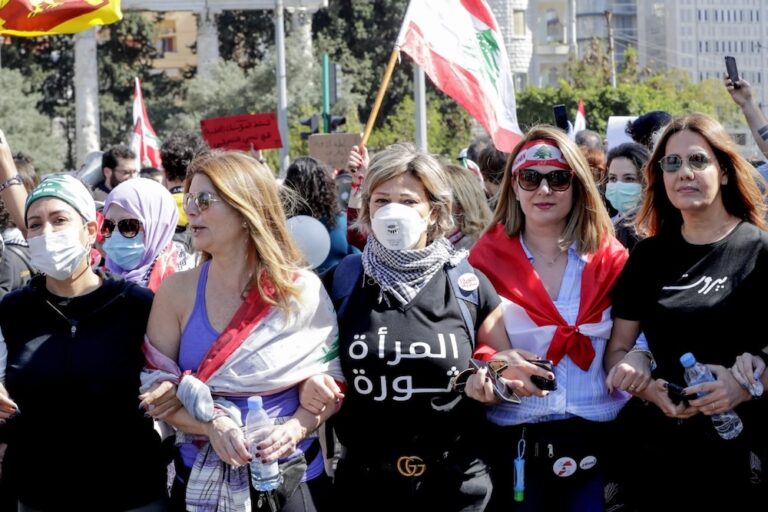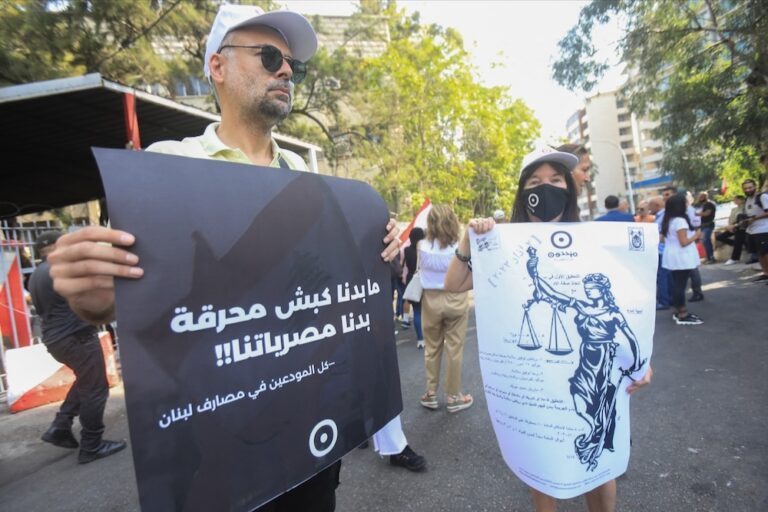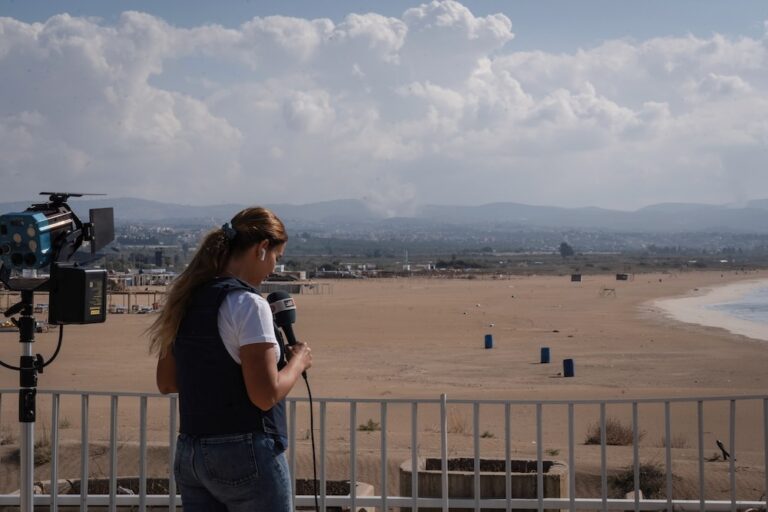Maharat Foundation, which in coordination with MP Ghassan Moukheiber submitted the new media law, determines that it opens the way for new voices to issue their newspapers freely, thus reflecting the diversity and pluralism in Lebanese society.
After the Commission of Information and Communication ended its discussion regarding a new media law proposal, endorsing several principles submitted by Maharat Foundation in coordination with MP Ghassan Moukheiber, the Lebanese Press Syndicate took note of it and released a statement attacking the reforms brought by the proposal, mainly the cancellation of licenses, freeing the issuance of political prints, and abolishing the role of the press and editors’ syndicates.
Maharat’s proposed media law was a result of years of consultations, research and comparative studies which started in 2007, in participation with representatives from the media, journalists and human rights activists who worked together to develop ideas reflecting the vision and aspiration of the media and civil society.
Maharat emphasizes that the proposed media law would free the Lebanese press and would push it towards an era where information technology, freedom of publication, and dissemination of information, are all factors than can be realised without affecting the intellectual property rights of newspapers or their interests. On the contrary, it unleashes the establishment of local printed newspapers; especially since Lebanon is the only country in the world whose law distinguishes between non-political and political print, noting that we are in the era of cross-border news outside the framework of any classification or censorship.
Maharat finds that the new media law opens the way for new voices to issue their newspapers freely; which would reflect the diversity and pluralism in Lebanese society, without undermining the profession as the Press Syndicate said in its statement arguing that it eliminates the privileges of print owners, resulting in media chaos.
As for eliminating the roles of syndicates, maybe the Press Syndicate should inform the public about its achievements and reforms regarding the development of the profession and the protection of journalists, noting that the current print law has entirely distorted the concept of syndicates.
Maharat emphasizes that the new media law proposal promotes media freedom in accordance with the principles of the Universal Declaration of Human Rights and the International Covenant on Civil and Political Rights.
Furthermore, in this time of change and the development of media concepts and the emergence of new media, the Lebanese legislation cannot but be in line with these changes as well as with the provisions of the Lebanese Constitution protecting freedom of opinion and expression for all.


